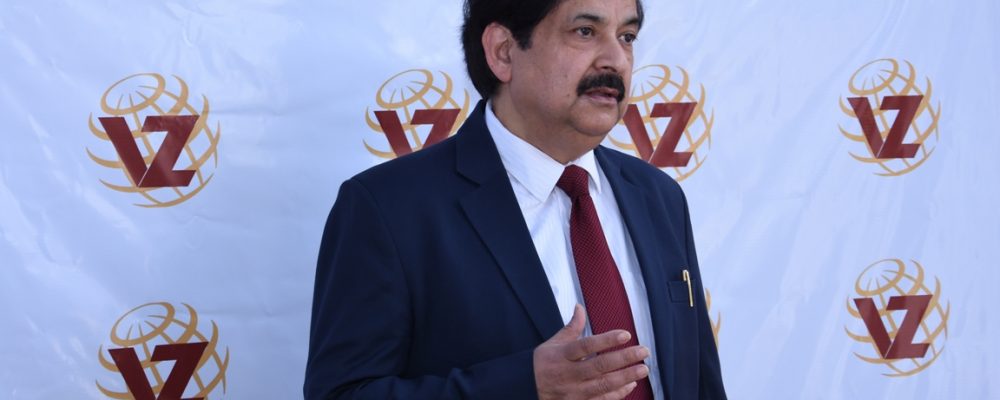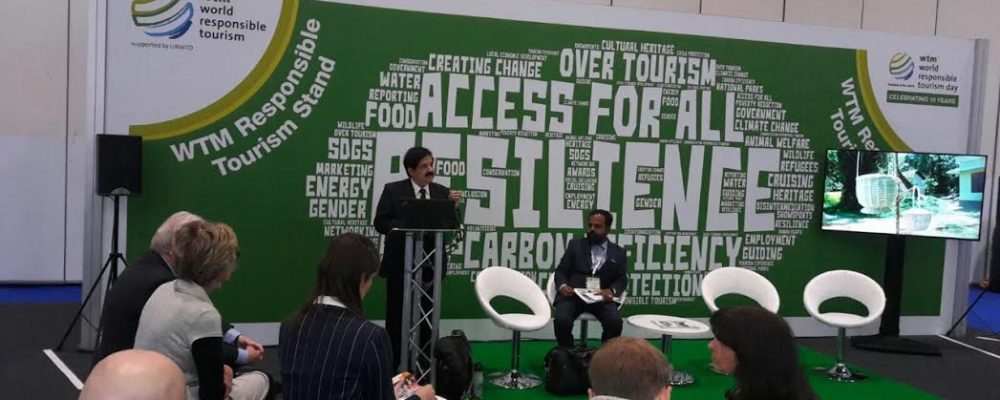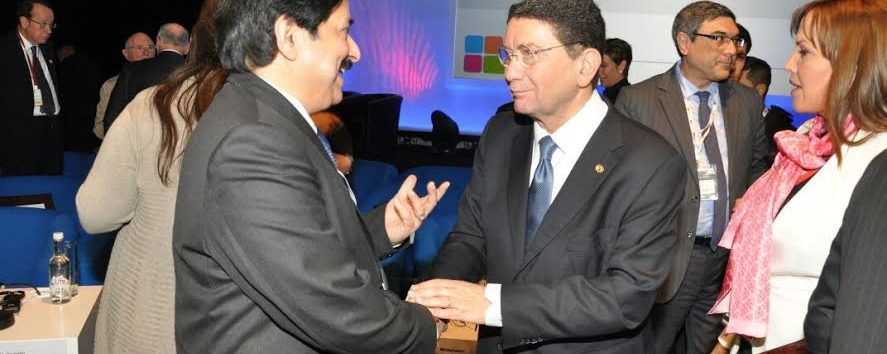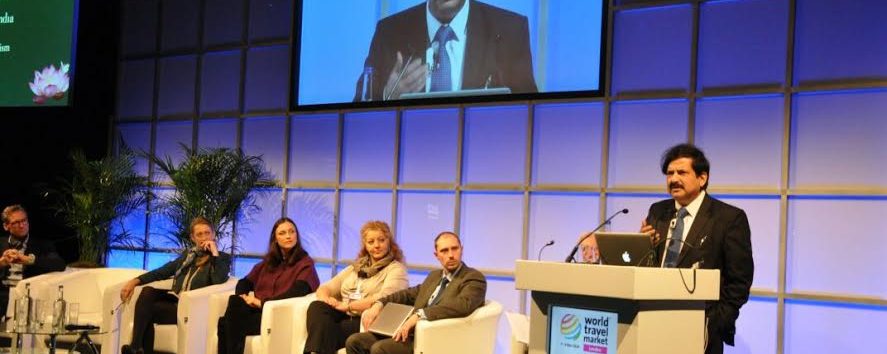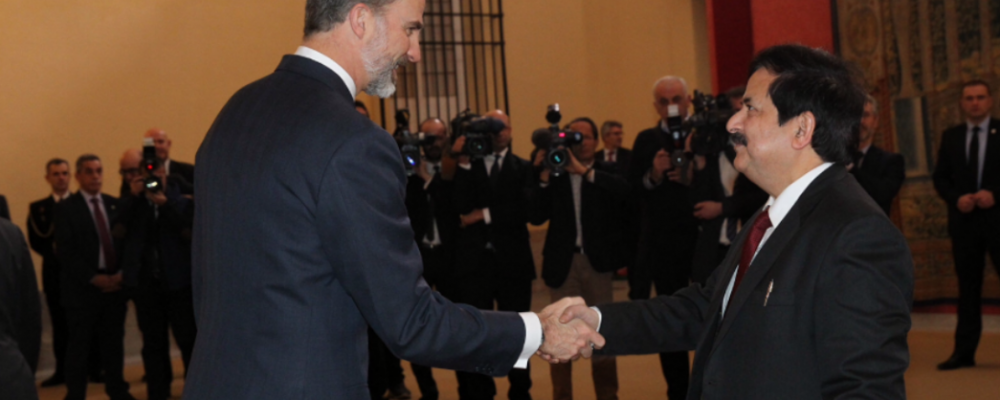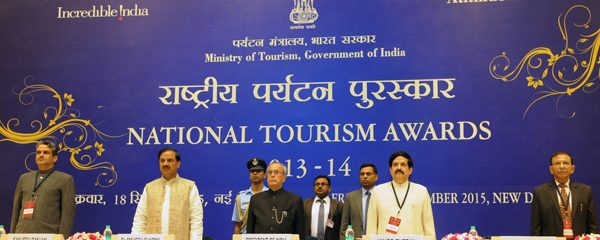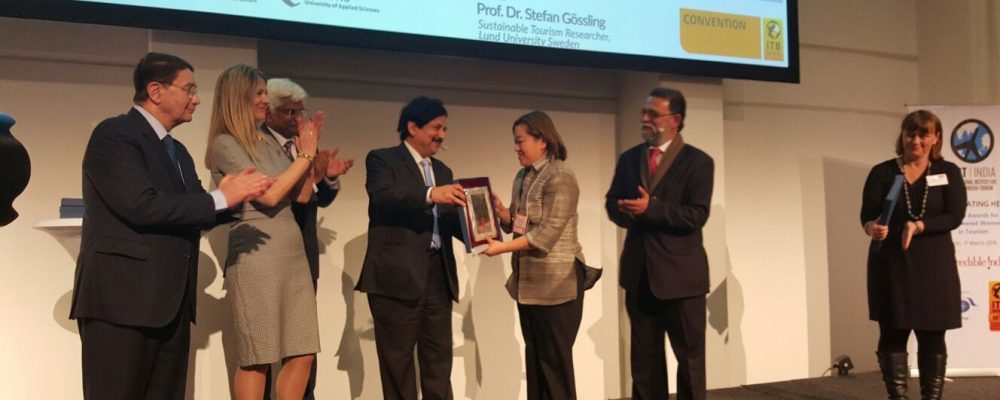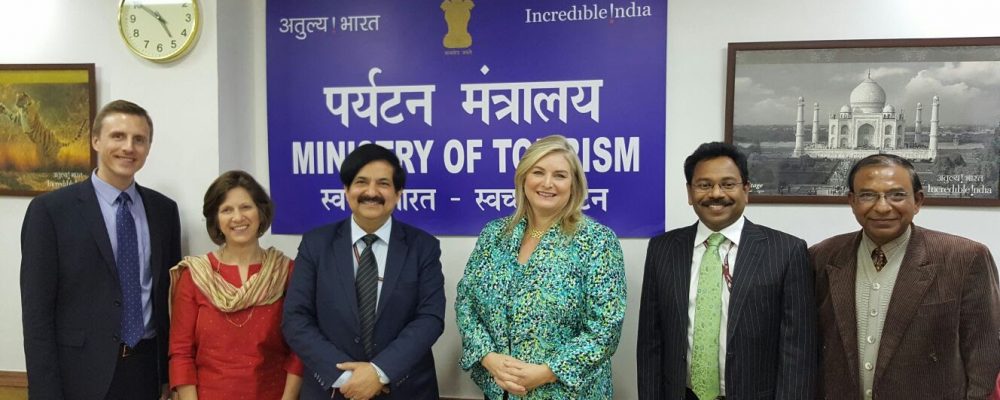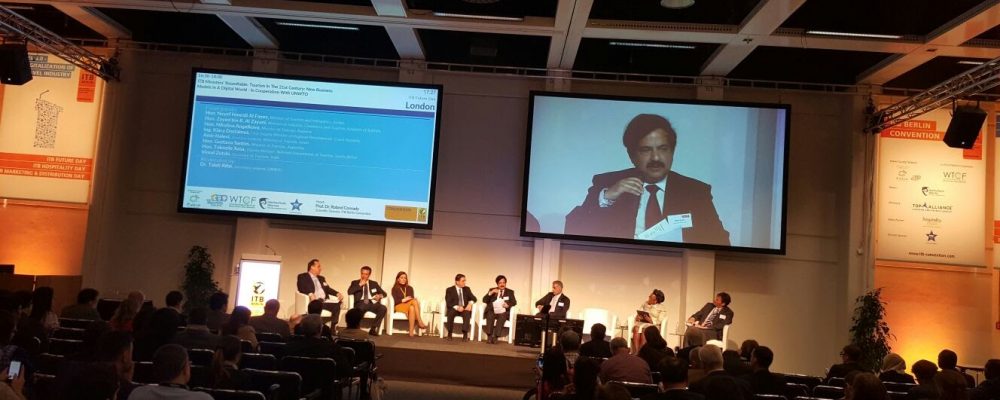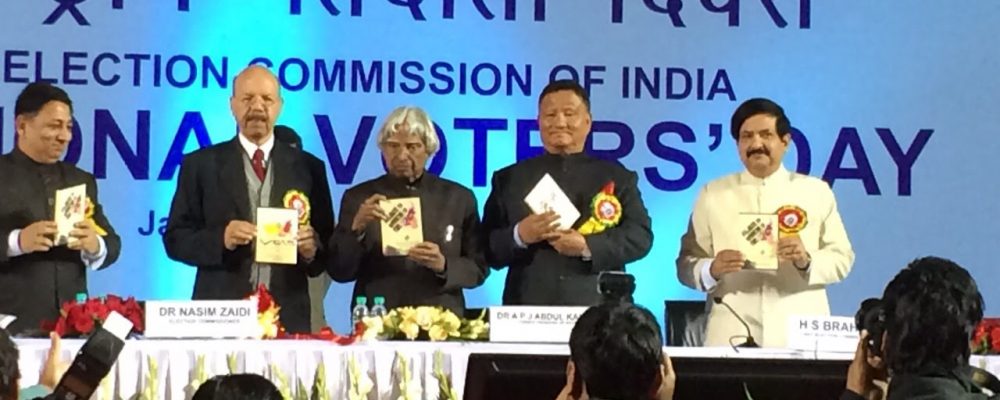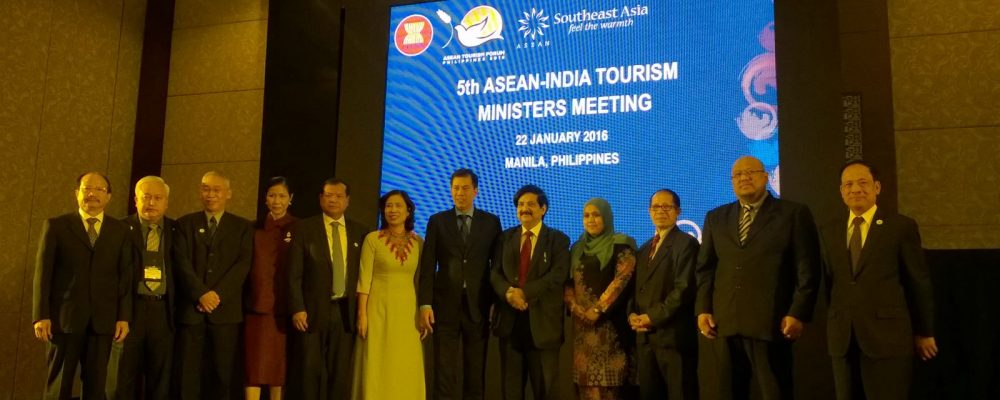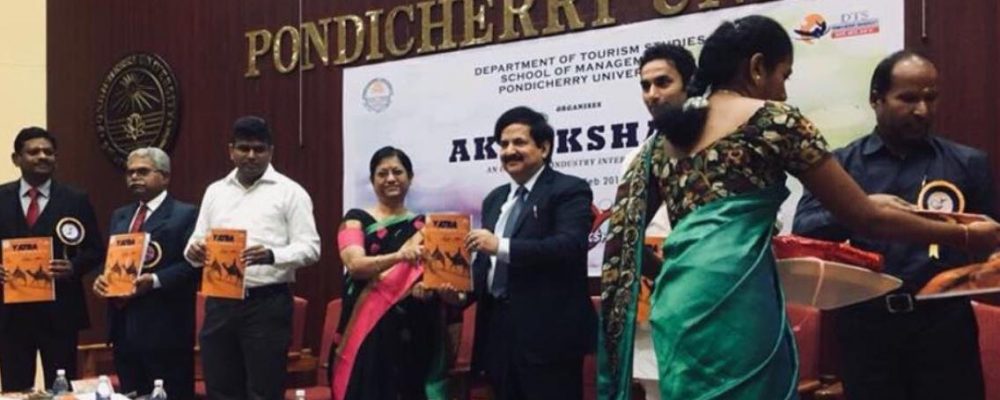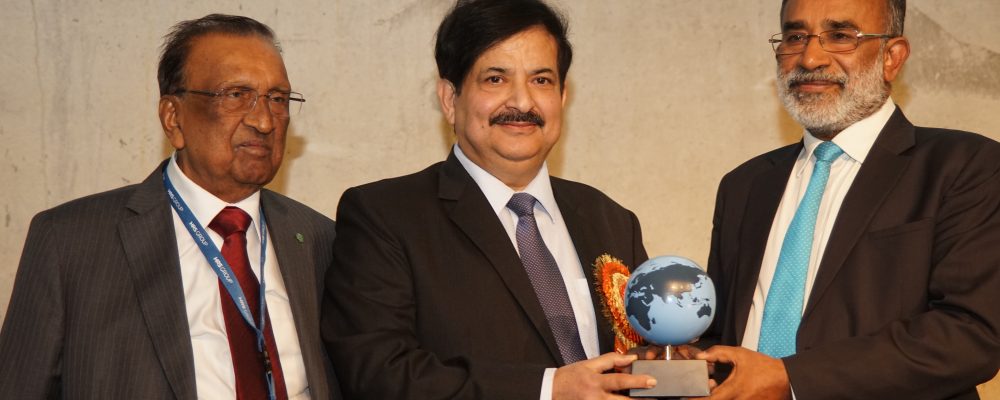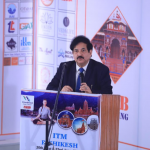“India, in order to unfold its tourism potential and to position itself as a world leader in tourism will have to enhance its focus on integrated and all round development of infrastructure. The future tourism policy must therefore lay special emphasis on the issues of
• Core infrastructure: namely, international openness, ease of access, hassle-free travel, good connectivity and multi-model seamless transportation.
• Tourism infrastructure including accommodation, parking, shelters, restaurants, wi-fi, certified guides, toilets and ATMs, &
• Social infrastructure: with focus on safety, hygiene, cleanliness, ease of communication, sustainability and responsibility.
To enhance competitiveness of India as a tourism destination through creation of world-class infrastructure, India has opened itself to global travellers through its new e-Visa policy. Air, Rail and Road connectivity has grown tremendously; investment of more than Rs. 7000 crores have been made in the last four years by Tourism Ministry, for building tourism infrastructure through Swadesh Darshan and Prashad schemes; Swachh Bharat campaign is addressing the issue of cleanliness and 24×7 helpline and institution of tourism police is addressing the issue of safety and security.
Developing and positioning India as a world-class destination would however require integrated efforts of Union Government, State Governments and the Private sector.
With tourism, having taken the center stage of Indian economy and positioned itself as a sunrise sector on the national, political and economic agenda of the country, India is poised to find a place in the top ten world-class destinations, sooner than later.”
Addressing at the seminar on ‘Incredible India: Developing and Positioning India as a World-class Destination’ organised by Foundation for Aviation & Sustainable Tourism (FAST) at India International Centre, New Delhi.





